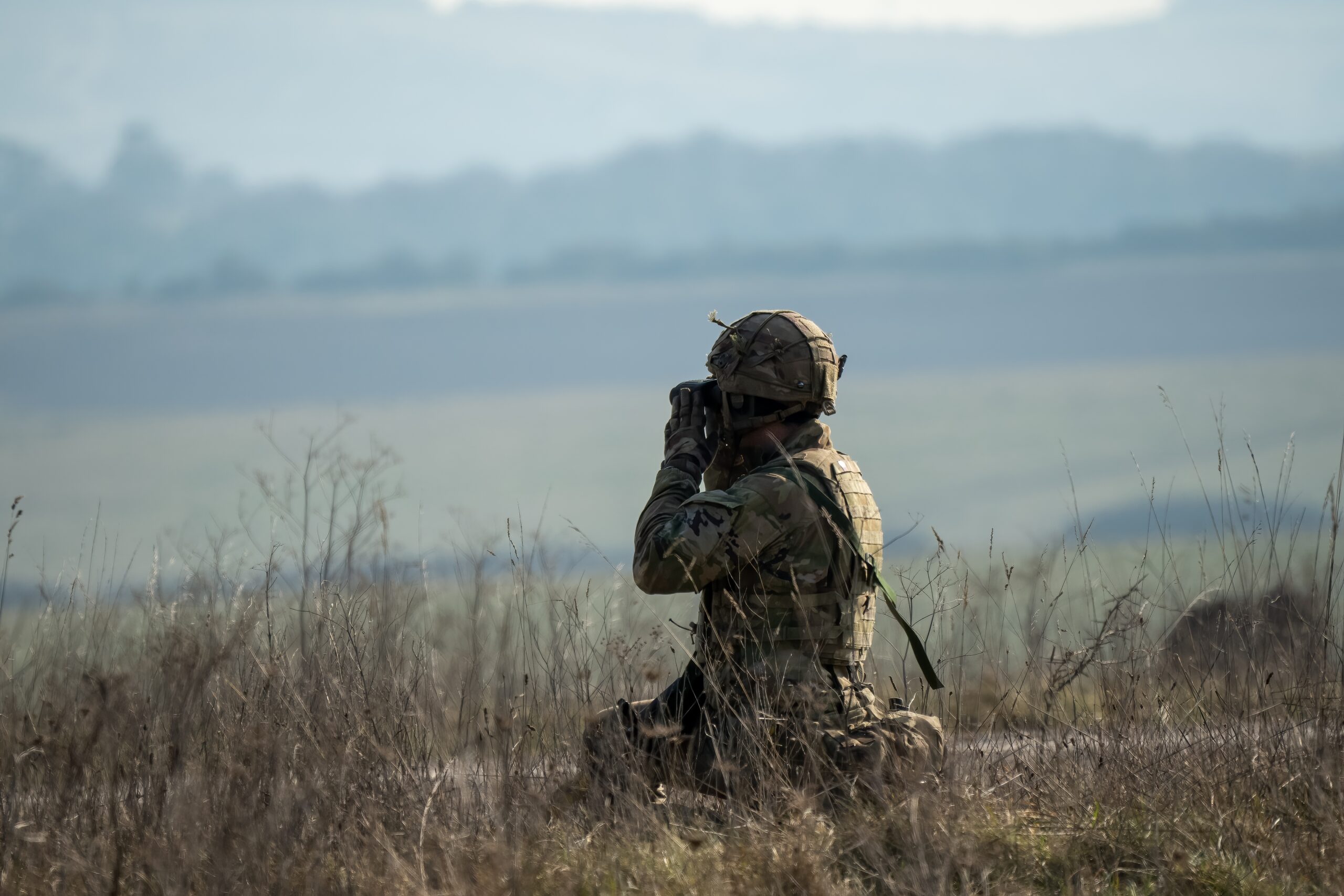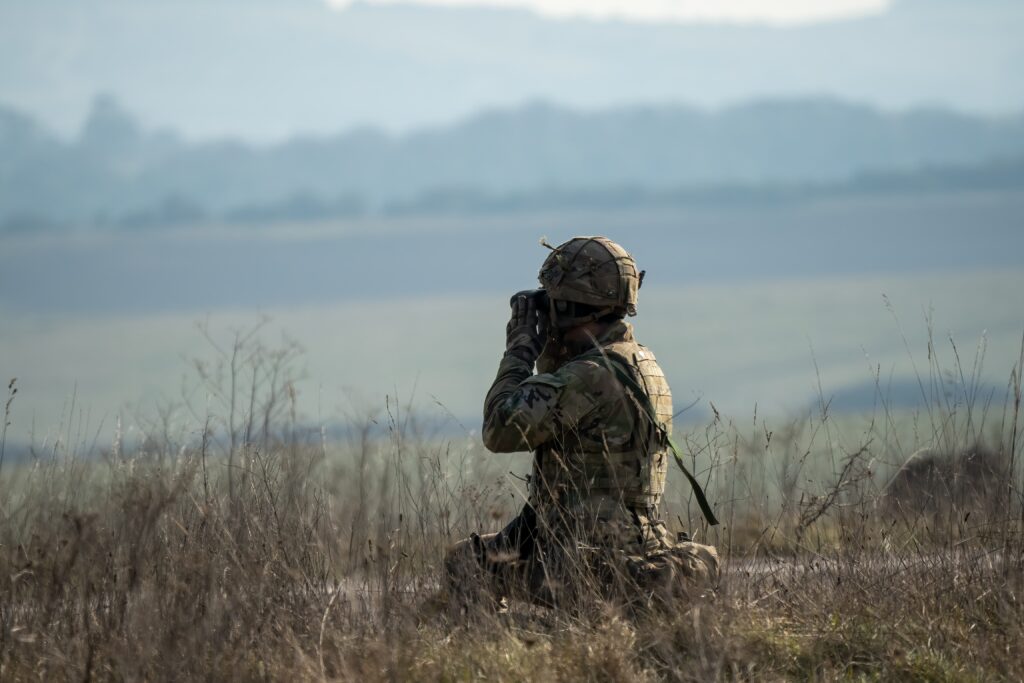
How Tiny Mistakes and Random Events Changed the Course of History
History is often imagined as the result of grand strategies, powerful leaders, and unstoppable forces. Yet, beneath the surface of major events lie tiny mistakes—misread messages, missed opportunities, or accidental discoveries—that redirected the course of human civilization. One wrong turn, one misunderstood telegram, and suddenly, the world is no longer the same.

Outline
- The Wrong Turn That Started a War
- The Misread Telegram That Could Have Stopped a War
- The Accidental Discoveries That Transformed the World
- The Psychological Power of Small Choices
- Embracing the Unexpected
- FAQs
The Wrong Turn That Started a War
On June 28, 1914, Archduke Franz Ferdinand of Austria was assassinated in Sarajevo, an event that triggered World War I. But few realize how randomness played its part. Earlier that day, an attempt on his life had failed, leaving him shaken but alive. Later, in an effort to avoid further danger, his driver took a wrong turn—right into the path of Gavrilo Princip, one of the assassins. This single misstep set in motion a war that reshaped the world, led to the fall of empires, and sowed the seeds for the even greater conflict of World War II.
This story highlights a crucial truth: monumental changes often emerge from seemingly trivial decisions. A different turn, a moment’s hesitation, and history might have taken an entirely different path.
The Misread Telegram That Could Have Stopped a War
Decades later, another miscommunication nearly led to humanity’s greatest catastrophe. During the Cuban Missile Crisis in 1962, the world stood on the brink of nuclear war. Amidst the tension, two messages from Soviet leader Nikita Khrushchev reached the White House—one conciliatory, one aggressive. The U.S. leadership, uncertain which message represented the true Soviet stance, chose to respond to the softer one. In a world governed by split-second decisions, had they chosen differently, history could have ended in a devastating flash of light.
The lesson here is profound: how we interpret events, how we respond to uncertainty, often dictates outcomes. In our personal lives, too, moments of hesitation, miscommunication, or misinterpretation can lead to dramatically different results.
The Accidental Discoveries That Transformed the World
Not all mistakes lead to destruction—some spark innovation. Consider Alexander Fleming, who returned from vacation in 1928 to find that a mold had killed bacteria in one of his petri dishes. A careless mistake? Perhaps. Yet that accident led to the discovery of penicillin, the first antibiotic, which has since saved millions of lives.
Similarly, in 1895, Wilhelm Röntgen was experimenting with cathode rays when he noticed an unusual glow on a nearby screen. His curiosity led him to investigate further, uncovering the existence of X-rays. What began as an unintended observation revolutionized medicine and diagnostics forever.
These stories remind us that the unexpected—when approached with curiosity rather than fear—can open doors to progress. Many of history’s greatest breakthroughs weren’t the result of meticulous planning, but rather of an open mind willing to embrace the unforeseen.

The Psychological Power of Small Choices
Beyond history, psychology reinforces this theme: small actions, minor errors, and chance encounters often shape our lives more than grand designs. Behavioral research suggests that our brains are wired to seek patterns and make decisions based on limited information. This means that seemingly trivial moments—a casual conversation, a job opportunity we almost declined—can shape our futures in ways we never anticipated.
Think of the “butterfly effect” in chaos theory: the idea that a tiny change in initial conditions can lead to vast differences in outcomes. A misplaced email, an unexpected meeting, or a spontaneous decision could alter the entire trajectory of our lives. This isn’t just theoretical—it’s a daily reality.
Embracing the Unexpected
History teaches us that mistakes and random events are not just inevitable; they are transformative. The challenge is not to fear them but to recognize their potential. The wrong turn might lead to an unexpected adventure. A failed plan might open the door to something better. A setback could become the catalyst for profound growth.
So, the next time you find yourself frustrated by an unexpected outcome, ask yourself: what if this detour is actually a new path? What if this mistake holds the seed of innovation? What if history—your history—is being rewritten in this very moment?
The greatest changes, both personal and global, often arise not from flawless execution, but from our ability to adapt, interpret, and seize the opportunities hidden within life’s imperfections. The future, after all, is not written in stone—it is sculpted by the choices we make in response to the unexpected.
FAQs
How did a wrong turn contribute to the start of World War I?
A driver’s accidental wrong turn in Sarajevo in 1914 placed Archduke Franz Ferdinand directly in the path of his assassin, setting off a chain reaction that led to World War I.
What was the miscommunication that almost triggered nuclear war?
During the Cuban Missile Crisis in 1962, U.S. officials received two conflicting messages from the Soviet Union and chose to respond to the more peaceful one, potentially preventing a devastating nuclear conflict.
What are some of history’s biggest accidental discoveries?
The discovery of penicillin by Alexander Fleming and X-rays by Wilhelm Röntgen were both unplanned accidents that revolutionized medicine and saved countless lives.